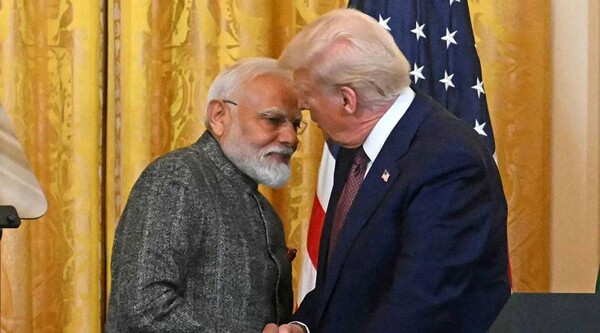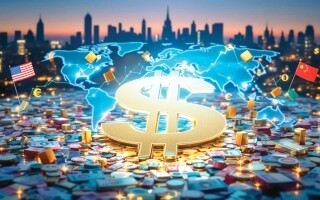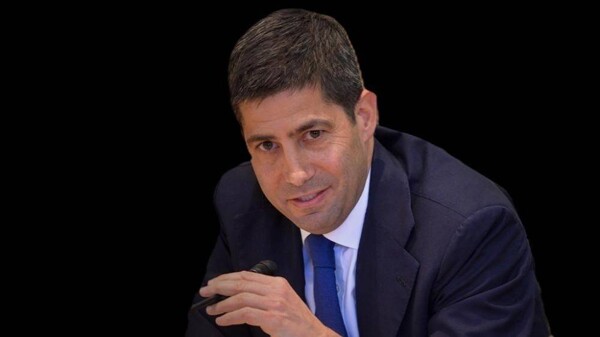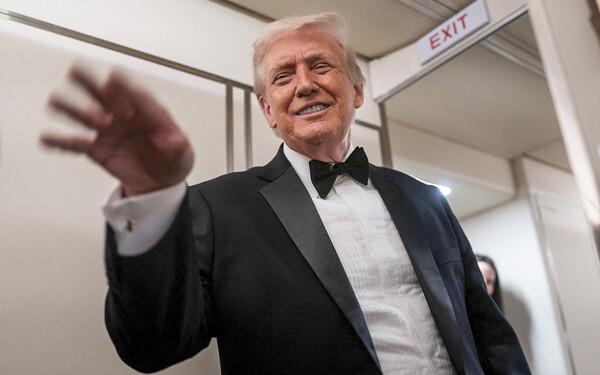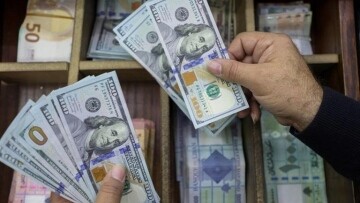
In January, the selection of those who are voted on in the USA at the beginning of January indicates growth of almost 4%. The perspective for the introduction of high tariffs on goods from countries including China, Canada, Mexico, and the Eurozone has caused a risk of renewed inflation, which has stymied revenue growth for the US government and strengthened the dollar in recent months. OCBC currency strategist Christopher Wong noted that the absence of emergency tariffs plays a more significant role in supporting a risk-on stance and pushing aggressiveness regarding the dollar.
"Nonetheless, the risk of emergency tariffs remains at a certain level, and the decline of the dollar rate can still find support before the established deadline of February 1 for the introduction of tariffs on Canada, Mexico, and China," he stated. The benchmark for the decade of US obligations decreased by 3 basis points to 4.593% in the Asian session.
One of the key moments this week will be the reaction of central bankers and politicians following Trump's statement about the desire of the Federal Reserve to reduce the federal funds rate. It is expected that the Federal Reserve will keep rates unchanged when it completes its two-day meeting in midweek, however, investors will be on the lookout for hints at a possible rate cut if inflation approaches the target rate of 2% over the next couple of years, set by the US central bank.
"Bitcoin, the most well-known cryptocurrency in the world, has dropped to nearly $100,751.90, but remains close to the record level of $109,071.86, reached last week with hopes that Trump will adopt regulatory measures friendly to cryptocurrencies."











